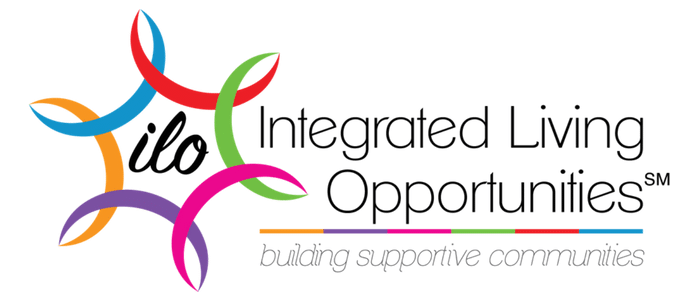Shared from M&L Special Needs Planning, LLC
Employment for individuals with disabilities is a very important issue. Studies have shown that employment can be vital to psychological health, as well as helping individuals socialize, integrate, and develop further skills. It is also true that for individuals with disabilities, employment is often necessary to achieve and maintain financial independence.
At M&L Special Needs Planning, we offer services that relate directly to employment. From the perspective of a financial and life planner, as well as a parent of an individual with disabilities, we are keenly aware of the employment barriers that exist for this population. We have experience in overcoming these barriers through our efforts as financial planners, parents, and advocates.
My Family Member with Disability Needs A Job
In a blog published on Integrated Living Opportunities (ILO) website, titled Exploring Supportive Employment: A Parent’s Perspective, Barbara Goldschmidt shared her experiences helping their daughter (an ILO self-advocate) search for and obtain employment in the Washington, D.C. area. She writes “National research reveals that 84% of people with developmental disabilities do not have a paid job. The 16% who do work put in 12-16 hours a week for which they earn about $85-$113.” According to statistics gathered by the Pacer Center, “individuals with disabilities are two and a half times more likely to be unemployed or underemployed than their non-disabled peers.” And, in the UCP’s Case for Inclusion 2019, it is written “Only seven states, down from 10 in 2016, report having at least 33% of individuals with I/DD working in competitive employment.”
The statistics are daunting. There are, however, ways to help your child with disabilities become one of the 16% that are employed. This process can begin as early as junior high/high school, when your child begins receiving transitioning services (through the Individualized Education Plan – IEP). The transition plan prepares individuals with disabilities for life after high school. Transition services help identify post-graduation goals, as well as highlight strengths, skills, and aptitudes of the student. The plan also identifies skills that need to be obtained or improved in order to meet those goals. Meeting with transition teams can be valuable ways to obtain information about government programs, training programs, employment supports & options, and to network with members of the disability community.
Another route to employment can be through Vocational Rehabilitation (VR). VR is a federally funded, state-administered program that provides any necessary support and training to ensure that individuals with disabilities are able to obtain and maintain meaningful employment. If an individual qualifies, the VR program offers assessment and counseling services, provides guidance for the Individualized Plan for Employment (IPE), and offers job-related and post-employment services.
M&L Can Help with the Employment Process
We specialize in helping individuals with disabilities plan for financially secure futures, while leading full and integrated lives. We are experts in helping families and individuals find a financial plan that maximizes all possible benefits while encouraging independent living and employment.
M&L founder and owner, Maedi Tanham Carney CFP®, is a Certified Work Incentive Coordinator (CWIC). In a nutshell, this means that Carney has been trained and can work in-depth with individuals who are working (or want to go to work), and have questions regarding their benefits and insurance eligibility.
So, how exactly can we help you? Carney uses her CWIC training and her knowledge of government benefits to provide work-incentive planning and assistance directly to individuals with disabilities. She can perform outreach efforts to individuals with disabilities (and their families) who are potentially eligible to participate in Federal or State work incentives programs. CWICs also provide general information on the adequacy of health benefits coverage that may be offered by an employer of an individual with a disability, the extent to which other health benefits coverage may be available to that beneficiary in coordination with Medicare and/or Medicaid, and the availability of protection and advocacy services for beneficiaries with disabilities.
If you are interested in learning more about employment for individuals with disabilities, please contact us. More information on the topic can be found by visiting the Employment section of our blog archive.
